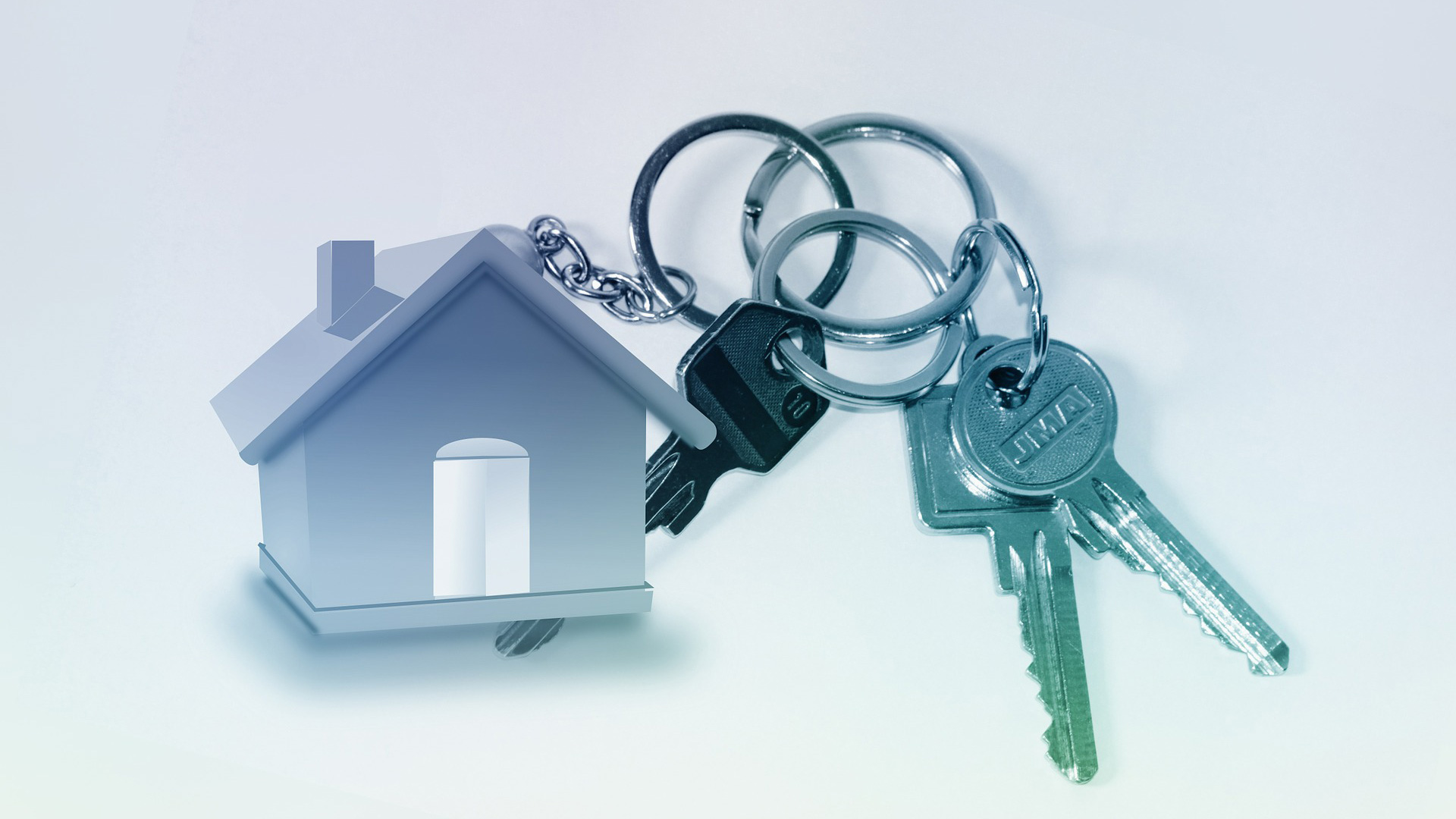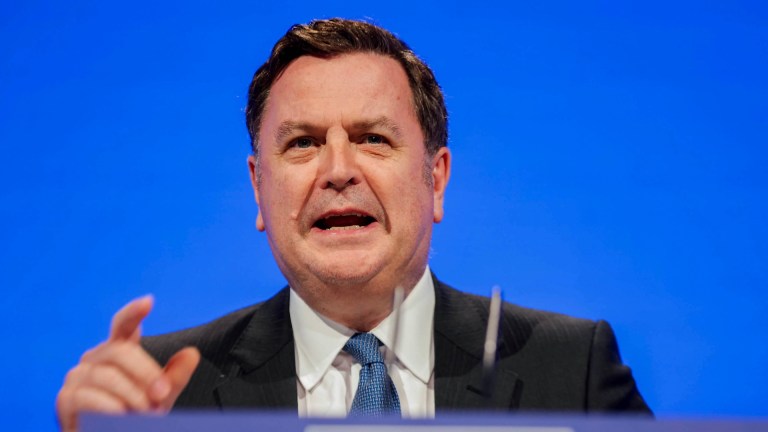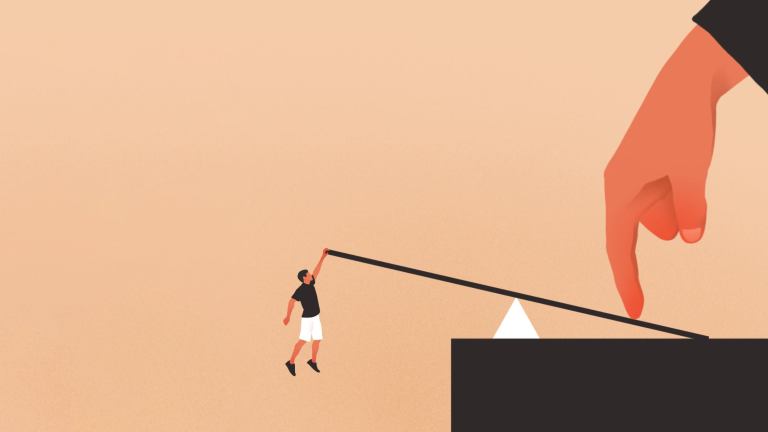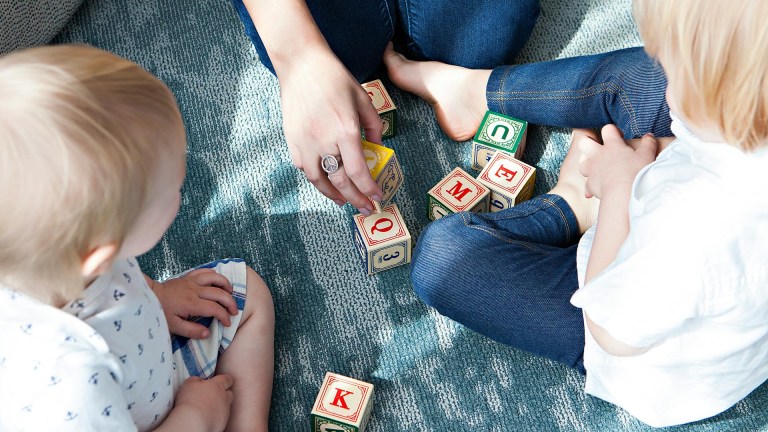I read the opinion piece by John Bird about renters with some interest, as I am one of the nation’s many small buy-to-let landlords. Mr Bird’s argument will appeal to many – let the haves give more to the have-nots – but it is important to consider the whole picture. What is causing rents and house prices to be so high? Why are there so many small landlords in the UK? I would like to add the perspective of a small landlord.
I own just three properties. Why did I become a landlord? Because I have no faith in the government to provide a reasonable pension in my old age. As for private pensions, two thirds of fund managers under-perform their benchmarks. As a result, I long ago decided not to be dependent on anyone else for my retirement. I did not inherit wealth, nor do I earn huge sums of money. The last time I bought a BTL property in 2010, I was on a salary of £27k, which in London doesn’t go that far. But I made sacrifices. I lived with my mother for longer than a grown man should, I watched my spending incredibly carefully and I saved hard. Then I bought run-down properties at auction. I spent £25,000 on each of them installing new central heating systems, wiring, kitchens, bathrooms and wood flooring. I took an uninhabitable mess and created something that people want to live in. All while working a full-time job.
In recent years, the Tory government has launched a full-on assault on private landlords. Mr Bird mentions ‘tax breaks’ but in reality, there are none. The wear and tear allowance is gone. I am not a higher rate tax payer, but if I were, I would not be able to claim all my interest as an expense, making landlords the only type of business that cannot claim all their expenses as a tax-deductible cost.
There are many factors causing the rise in house prices and rents. Mr Bird correctly points to banks’ preference for mortgage lending, rather than, say, lending to businesses. The government could easily impose restrictions on property lending, as used to exist back when the price of the average house was a reasonable 3.5x the average income. Additionally, 15 years of near-zero interest rates has distorted the market. But, underpinning it all, is population growth. In the 1990s the population of the UK was 55 million, today it is 78m. That is a lot of extra people who need somewhere to live.
If we are to redistribute more from the haves to the have-nots, I am all in favour of it, but can we please start by insisting that billionaires and multinationals like Amazon, Facebook, Google and Starbucks pay their fair share of tax, rather than expropriating the pensions of people like me who are not even higher-rate taxpayers?
Karim Ayoubi, Northampton









